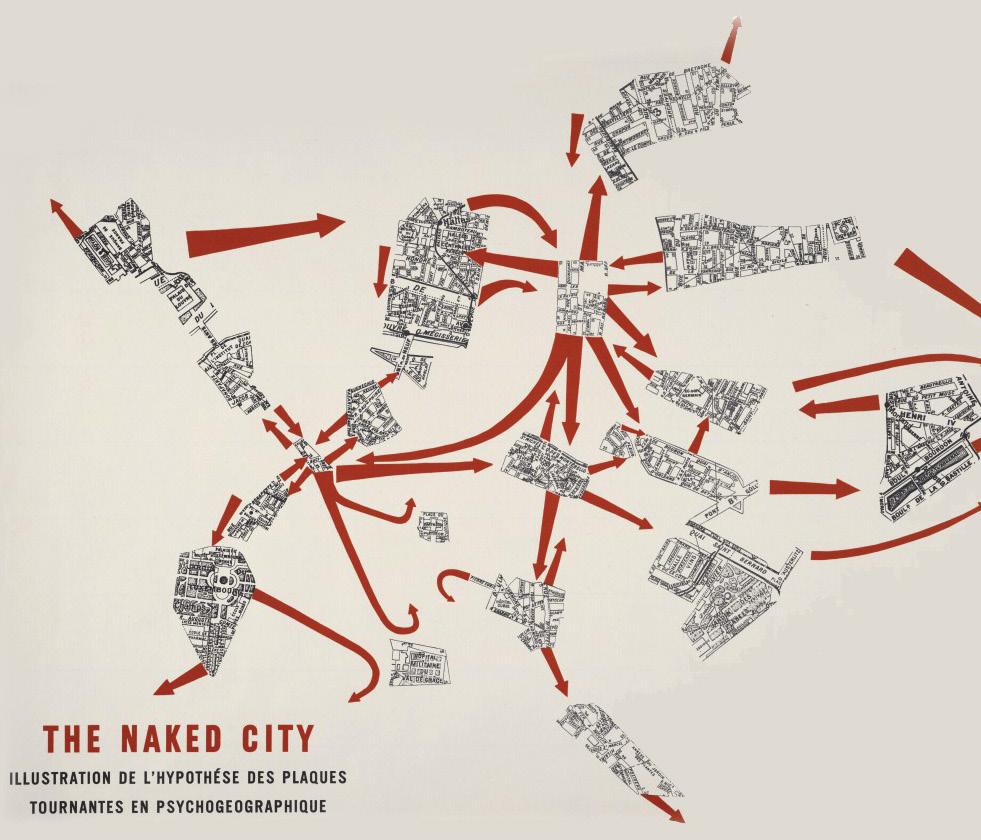
2 minute read
Where Things Stand in Platform Urbanism: Controversy Over MDS and Possible Futures
Although cities have exerted new leverage and disrupted the existing philanthropy model of the platform data sharing status quo, it is not yet clear what new model might emerge. Platforms and privacy advocates have mobilized against the mobility data specification and the LADOT vision for mandated local government access to data in the public right of way now advanced by the Open Mobility Foundation and its members. While it remains unclear if the factors that led cities to this approach in the micromobility context are generalizable to other domains, OMF is already advancing new data sharing standards for the curb in the Curb Data Specification (CDS). New technologies like drones, delivery robots, and autonomous vehicles are coming to cities, as are new platforms. It is clear that there has never been a more urgent need for an effective framework to allow platforms to operate in cities in ways that are transparent to regulators and accountable to community and democratic interests. But while the need has never been greater the vision has perhaps never been more contested.
The future of the smart city is up for grabs and data sharing mandates just might play a key role in shaping it.
Part 2: Policy, People, and Practice
The Naked City Guy Debord (1957)
In reviewing the literature and history of data sharing mandates, a grounded empirical view can at times feel missing from the conversation. A few major stories from prominent cities seem to dominate the discourse and little ink has been spilt investigating what is actually happening on the ground: what policies look like, what needs they are attempting to address, how officials are developing them and implementing them, and what the results have been.
Part 2 of this report “Policy, People, and Practice,” presents the beginnings of my work seeking to bring that empirical lens to the field. It first documents how my team and I went about building an open database of platform data sharing policy texts for our own use and for use by practitioners. After providing a summary of subject polices “by the numbers” I next provide an overview of our approach to qualitative conversations with authors, implementers and other stakeholders of these polices, followed by a summary of some of our key empirical insights and observations from our textual and qualitative analysis.
Section 2.1 An Open Database For Gathering and Sharing Empirical Policy Information
To understand platform data sharing mandates as a new regulatory framework in the context of urban platforms, we knew we needed to center the policy texts themselves as the most vetted and “official” documentation of local government intent and program design. In addition to knowing that we ourselves needed more comprehensive access to policy texts across a variety of jurisdictions, we also saw this as a key need for others in the field, and for local government officials in particular. We therefore set out to build a centralized database of local government data sharing policy mandates as both a resource for our own research, and as a public dataset and “resource hub” for other stakeholders.






